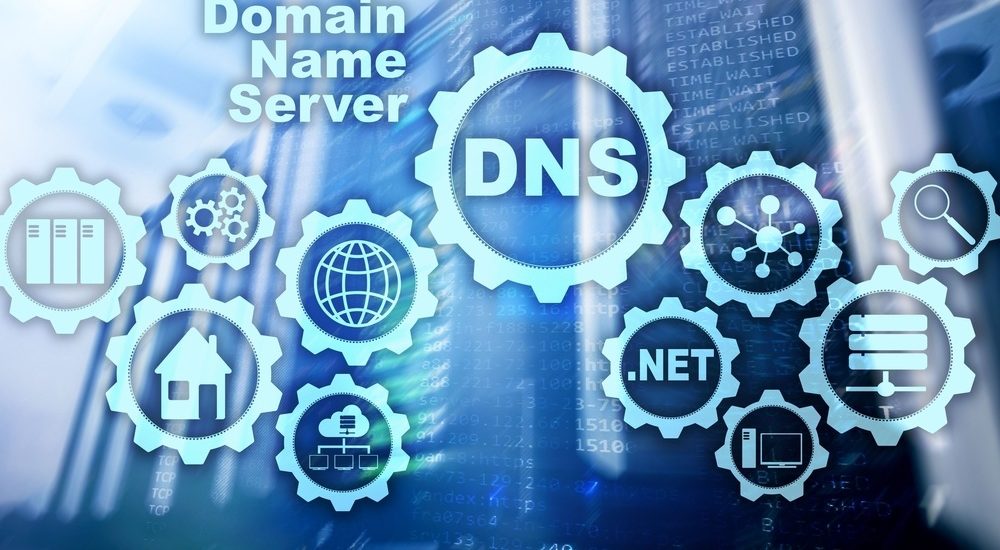In a world where more business, communication, transactions, and file exchanges occur digitally than ever before, cyber-security has never been more important. It’s vital for every business, organization, and individual making use of digital services and connected devices to invest in adequate security for their online activities.
Recent high-profile data leaks and cyber attacks have clearly shown the risks of failing to have sufficient security, and just a single data leak or relatively minor cyber-attack can lead to devastating consequences for any company. The DNS is one of the most important parts of your system to protect, and this guide will look at what the DNS is, why it matters, and what sorts of threats you have to worry about.
Contents
What Is the DNS?

DNS stands for Domain Name System. It’s quite a complex system from a technical point of view, but in simple terms, it essentially serves as a phone book for the internet. When humans make use of the internet via a browser, they type a URL name into the address bar. Something like ‘Facebook.com’ would be an obvious example.
When machines like computers and phones want to access these sites, they don’t use the actual letters and words we type in. Instead, those letters need to be converted to numerical codes, known as IP addresses. It’s the DNS that handles this part of the process, essentially translating the words we type into these numerical IP addresses.
Why Is the DNS a Target for Cyber Attacks?
So why do we need DNS security for universities, businesses, organizations, and so on, and why is the DNS such a frequent target for hackers and cybercriminals? Well, a key part of what makes the DNS such a common target is the fact that it’s such a key part of the digital process. Every connected device relies on the DNS, and it’s being used almost non-stop.
Hackers know that if they can take out the DNS, they can have real impacts on networks, systems, and connections, bringing sites down, making resources and webpages inaccessible, doing damages to businesses in the process, and affecting many users through just one attack.
There are various potential reasons why a hacker might target the DNS in particular. They might just be doing it for the thrill, as some hackers simply enjoy the process of breaking through barriers and testing their skills against cyber-defenses. Others may specifically target certain sites to bring them down and harm a business they don’t like, while some can use DNS attacks as part of a larger hacking plan to steal data and files.
Types of DNS Attacks
So what sorts of threats do you need to worry about? Well, there are actually quite a few different DNS attacks. Here are just a few examples:
- DDoS – Even those who have never fallen victim to a DDoS attack should be familiar with the name, as this is one of the most common types of cyber-attack out there. It involves overloading the DNS server by flooding it with many requests, all at once, from lots of different devices, usually spread out across a vast ‘botnet’ of hacker-controlled machines. A vast quantity of requests can bring a server down, knocking sites and networks offline.
- Stealth – A stealth attack, also sometimes known as a slow drip attack, is quite like a DDoS attack in many ways, but as the name suggests, they’re a little sneakier and stealthier in their execution. They don’t use huge amounts of DNS requests; instead, they only use a small number but make those requests very specific, designed to wear out the servers and bring sites down.
- Exploits – Some DNS servers can have weaknesses or holes that hackers are able to target. This can occur when new DNS servers are set-up or updates and protections aren’t installed properly, and it can lead to data breaches quite easily.
There are many more ways for hackers to launch DNS attacks, and the risks of these attacks simply aren’t worth contemplating for any business, which is why DNS security can make such a big difference.
Final Word
There are a lot of cyber threats out there, including a great number associated with the DNS. We can’t simply stop using the DNS altogether, as it’s such a vital cog in the great internet machine, but we can take action to defend against these attacks. Learn more about DNS security for your business and take action today.